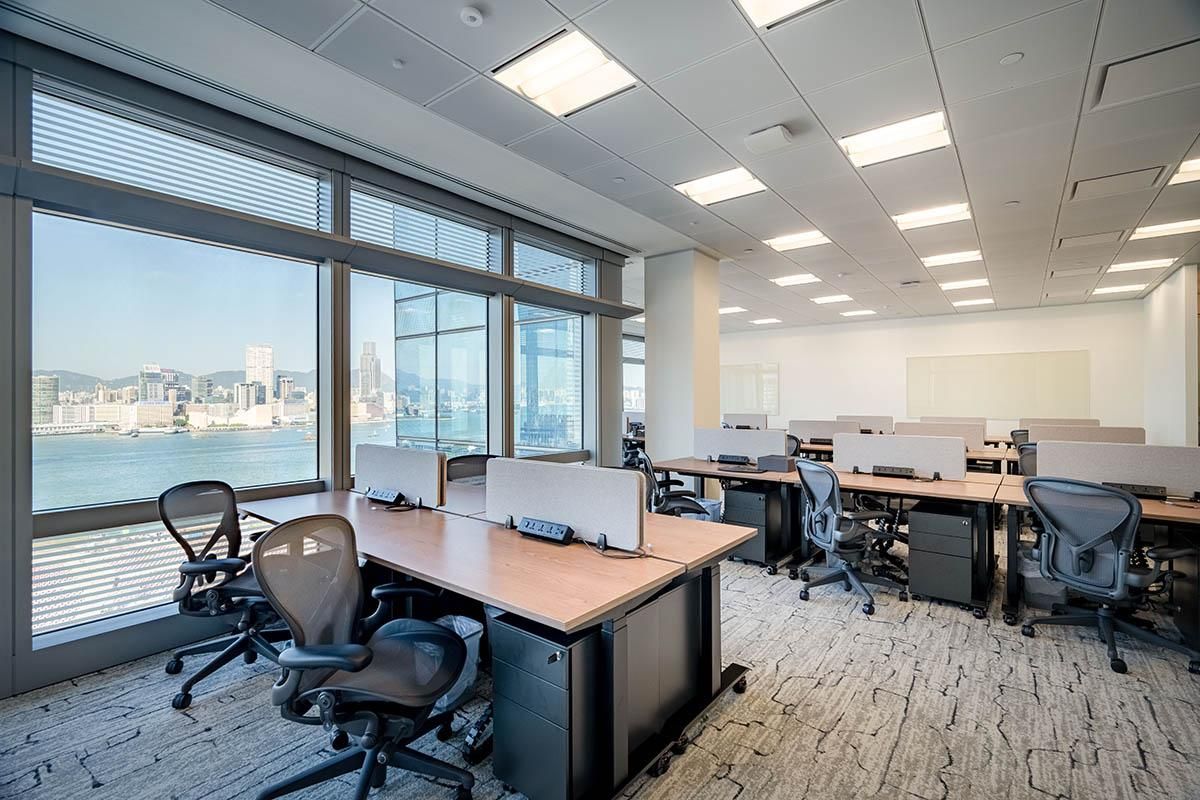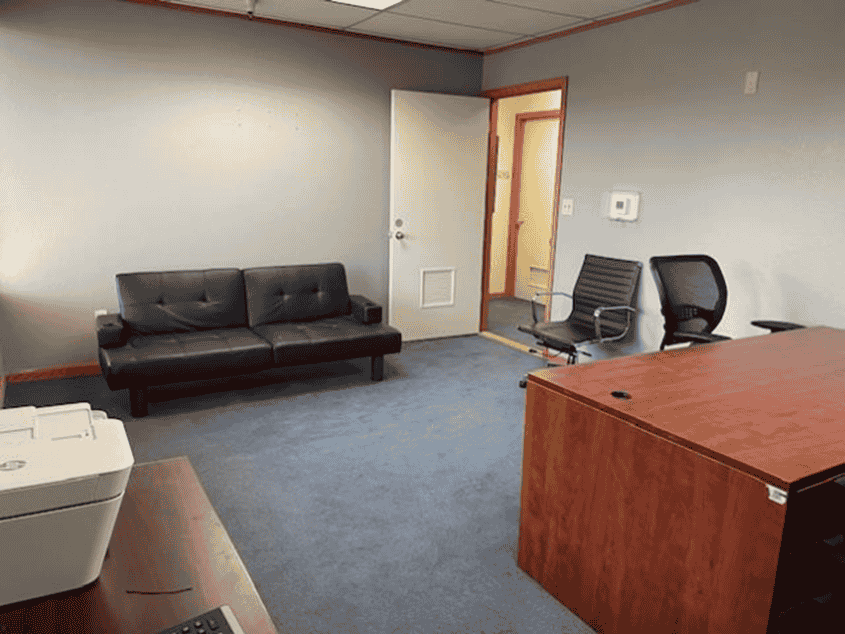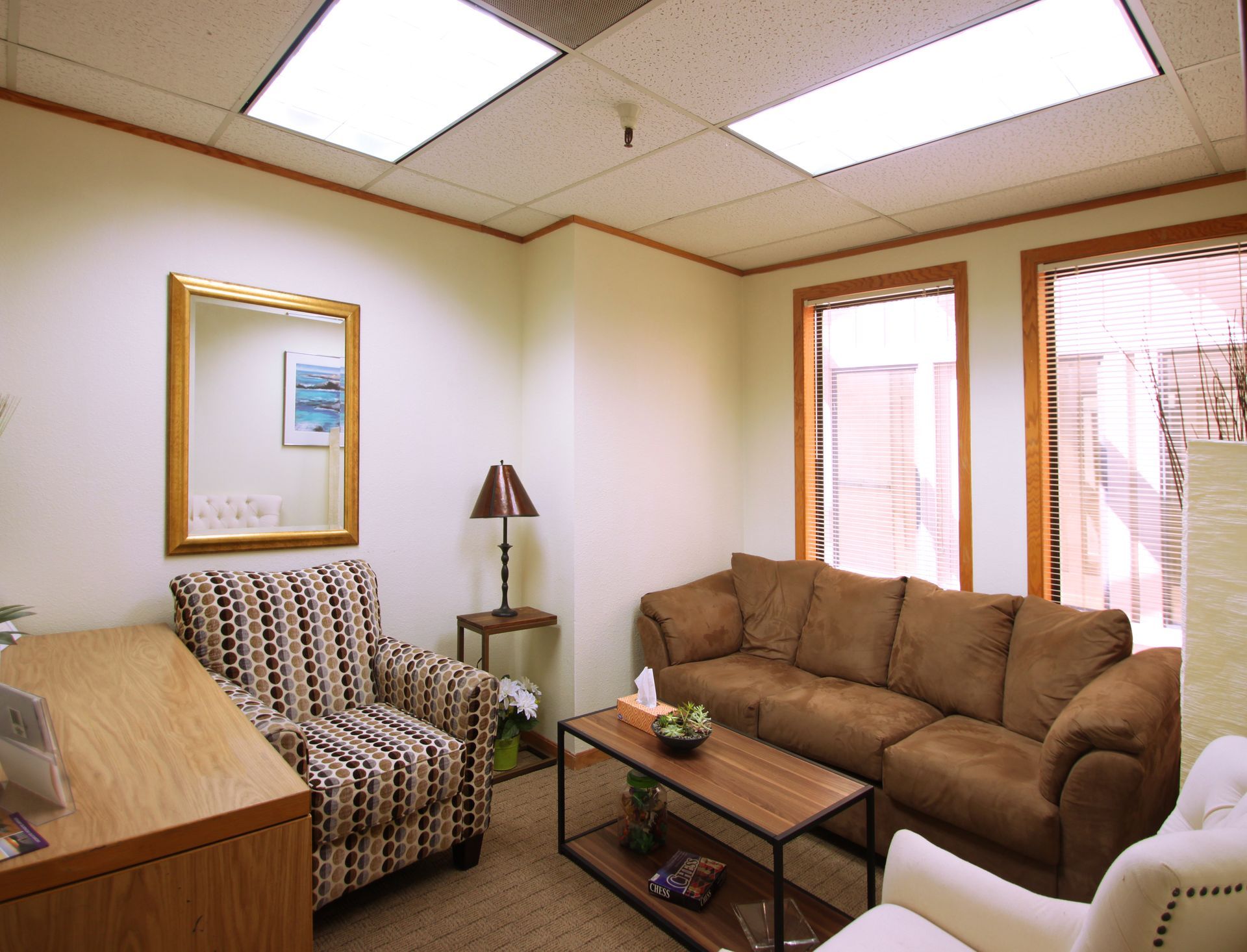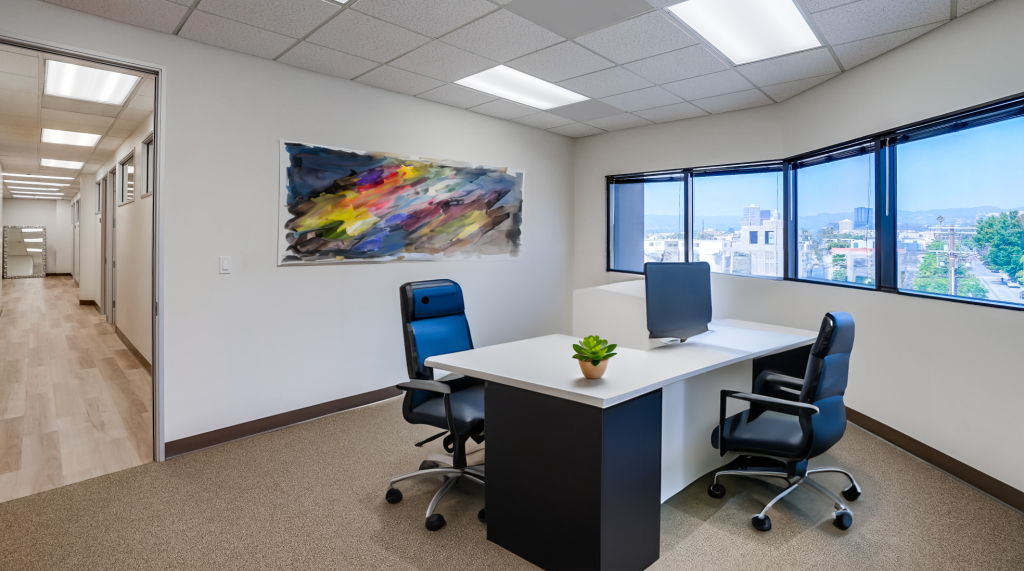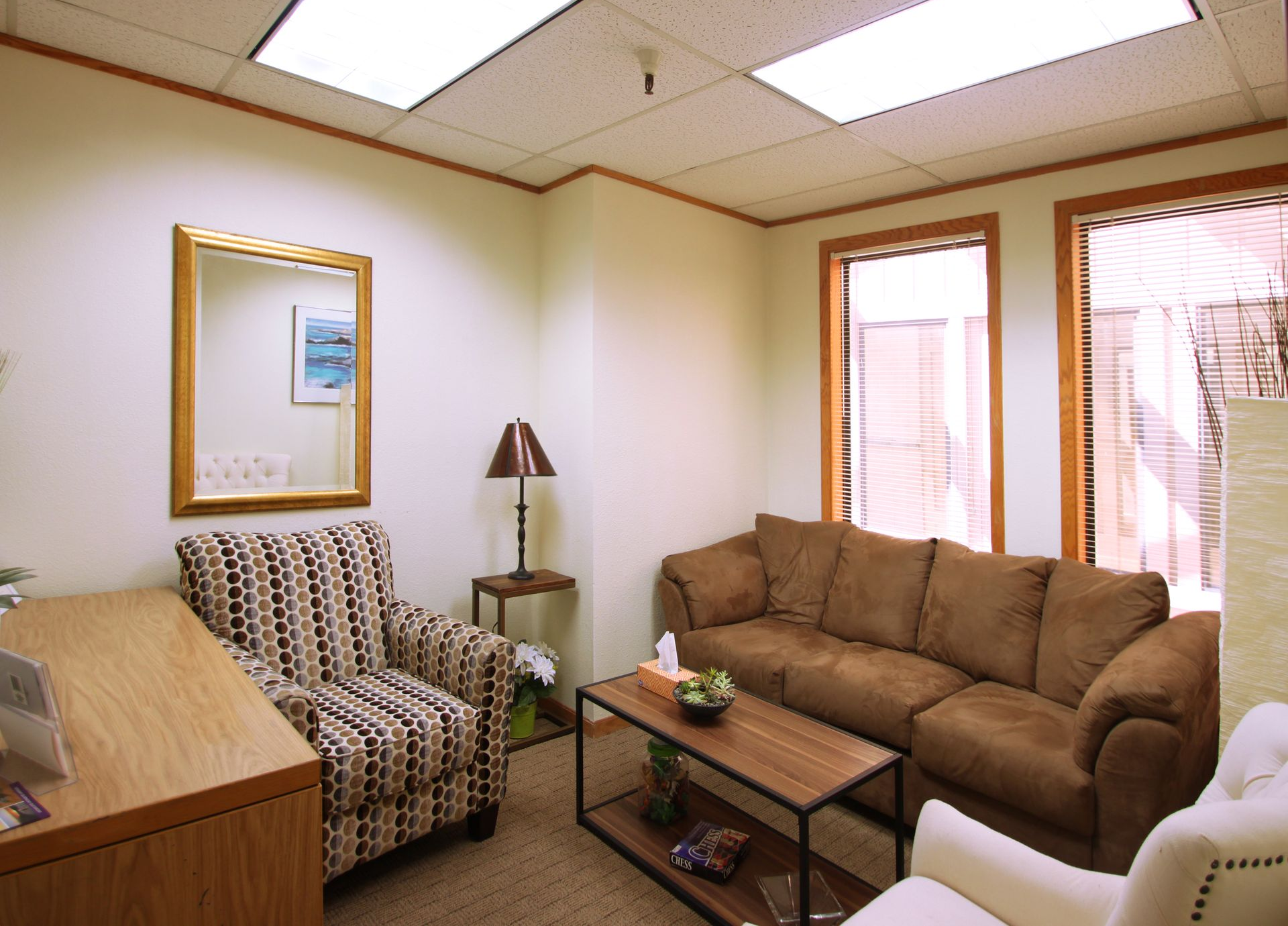New Paragraph
Office for Lease : Finding the Perfect Space for Your Business
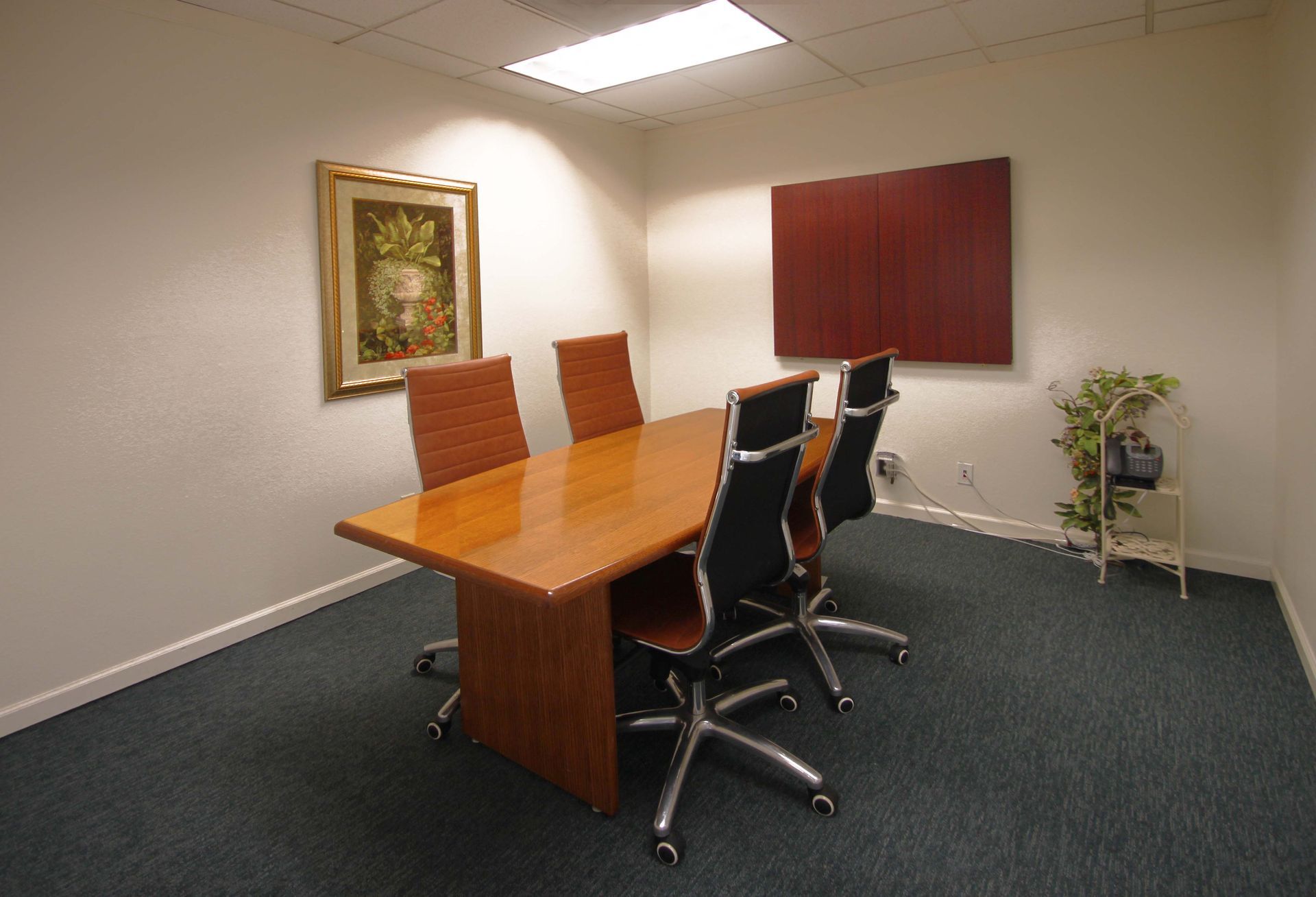
Why Office for Lease is the Smart Choice for Your Business
Leasing office space offers numerous benefits for businesses that need flexibility, scalability, and cost efficiency. Whether you're a startup or an established company looking for a change of location, opting for an office for lease could be one of the most strategic decisions you make. This option allows you to maintain financial flexibility, reduce long-term commitments, and take advantage of ready-to-use facilities, all of which can significantly enhance your business operations.
Benefits of Choosing an Office for Lease
Leasing office space offers a wide range of advantages, making it an attractive choice for many companies. In this section, we'll dive deeper into the reasons why an office for lease can be an excellent solution for your business needs, particularly when you're looking to stay agile in a competitive market.
1. Cost-Efficiency and Financial Flexibility
Leasing office space typically requires far less upfront capital compared to purchasing property. This means you can allocate your financial resources more effectively, allowing your business to grow without worrying about the significant economic burden of owning property. Leasing also allows you to keep your capital fluid, enabling you to invest in other key areas of your business, such as marketing, technology, or staff development. This flexibility can be beneficial for startups or companies looking to expand without overextending their financial resources.
2. Ready-to-Use Professional Environment
When you lease an office space, you're usually provided with a fully equipped environment that includes essential amenities such as high-speed internet, utilities, cleaning services, and security. This means you won't need to spend time and money setting up infrastructure or managing property maintenance. A well-designed office for lease is often a turnkey solution, allowing your business operations to start immediately. Additionally, the professional setting of a leased office space also creates a welcoming environment for clients and partners, which can positively impact your business's image.
Steps to Secure the Ideal Office for Lease
Leasing an office can be an exciting process, but finding the perfect office space requires some careful planning and execution. By following a few simple steps, you'll be able to secure the right office for lease that suits your business's specific needs and goals. Here are some essential steps to follow as you embark on this journey.
1. Assess Your Office Space Needs
Before you start looking for an office for lease, take the time to evaluate your business's current and future needs. Start by determining how much space you will need for your employees and equipment. Consider the office layout that best suits your business, whether it's an open-plan design, private offices, or a combination of both. Additionally, consider any specific features or amenities your business may require, such as meeting rooms, parking, or proximity to public transportation. Defining these factors in advance will help you narrow down your search and find a space that fits your requirements.
2. Begin Your Search for Office for Lease
Once you have a clear understanding of your office space needs, it's time to begin your search for an office for lease. You can search for available office spaces through online real estate platforms, contact local real estate agents, or explore listings in your area. When evaluating potential office spaces, pay close attention to factors such as location, accessibility, and the surrounding neighbourhood. Be sure to also check for any additional costs associated with the lease, such as utilities, parking fees, or maintenance. It's important to explore multiple options and gather as much information as possible to make an informed decision.
Things to Consider Before Committing to an Office for Lease
Leasing office space is a big decision, and there are several important factors to consider before signing the lease agreement. While leasing offers flexibility and a range of benefits, it's essential to weigh all aspects carefully to ensure that the space meets both your short-term and long-term needs. Here are some key considerations as you finalise your decision.
1. Location and Accessibility
The location of your office for lease is one of the most critical factors to consider. A prime location can significantly impact your business's success. Consider the proximity of the office to your target market, employees, and business partners. Ideally, you want an office space that's easily accessible via public transportation or major highways. Additionally, assess the surrounding neighbourhood to ensure it aligns with your business's image and needs. For instance, if your business relies on client visits, you may want to be in a professional, convenient location.
2. Lease Terms and Costs
The terms of the lease agreement are crucial and should be thoroughly understood before you commit. Lease terms typically include the rent amount, lease duration, renewal options, and any additional costs such as maintenance or utilities. Pay close attention to the rent escalation clauses to understand how the cost might increase over time. Make sure the lease is flexible enough to accommodate your business's growth or potential changes in your space needs. It's also important to calculate the full cost of leasing, including hidden fees, to ensure that the office space fits within your budget. If necessary, negotiate lease terms to secure the most favourable deal.
Conclusion : Secure the Best Office for Lease and Take Your Business to the Next Level
Leasing office space offers numerous benefits for businesses looking for flexibility, cost-effectiveness, and a professional environment. Whether you need a small office room for lease or an ample commercial space, the leasing process provides an ideal solution to support your business's growth and development. By following the steps outlined in this guide and considering all essential factors, you can secure an office that aligns with your business's goals and future potential.
Remember to assess your needs, evaluate different options, and negotiate favourable terms to get the best deal. Once you find the right office for lease, your business will have a strong foundation to thrive and succeed. Happy leasing!
Frequently Asked Questions (FAQs) About Office for Lease
Leasing office space can be a complex process, and many businesses have questions about the steps involved, costs, and what to expect. Here are some frequently asked questions (FAQs) to guide you through the leasing process for office space.
1. What is the difference between leasing and renting office space?
Leasing and renting office space are terms often used interchangeably, but there is a slight difference. Leasing generally refers to a long-term agreement for office space, typically ranging from one year to multiple years. Renting, on the other hand, usually refers to shorter-term agreements, sometimes month-to-month. Leasing tends to offer more stability, while renting provides greater flexibility in terms of duration.
2. What factors should I consider when choosing an office for lease?
When looking for office space, consider:
- Location: Ensure it's accessible to employees and clients and aligns with your business image.
- Size: Assess how much space you need based on the number of employees and operational requirements.
- Amenities: Ensure the office has the necessary features like high-speed internet, parking, and meeting rooms.
- Budget: Ensure the lease terms fit your budget, including additional costs such as utilities and maintenance.
- Lease Term: Choose a lease term that aligns with your business's short- and long-term plans.
3. How long does the lease term usually last?
The lease term for office space can vary depending on the landlord and your business needs. Typically, commercial leases last from 1 to 5 years, though shorter or longer terms can also be negotiated. The lease term should align with your business's growth plans and flexibility needs.
4. What are the typical costs associated with leasing office space?
In addition to the base rent, there are often additional costs involved when leasing office space. These can include:
- Utilities (e.g., water, electricity, internet)
- Property Taxes (some leases may pass these costs onto tenants)
- Maintenance Fees (for upkeep of common areas)
- Parking Fees
- Security Deposit (usually equal to one or two months' rent)
Always review the lease agreement carefully to understand what is included in the rent and what costs will be your responsibility.
5. Can I customise the office space if I lease it?
It depends on the lease agreement and the property owner's rules. Many office leases allow for customisation, especially if you need to make changes to accommodate your team's needs, such as adding partitions, painting, or installing new equipment. However, it's crucial to get the landlord's approval for any alterations, as some landlords may have restrictions.
6. What happens if I need to break my lease early?
Breaking a lease early can result in penalties, depending on the terms of the agreement. Many leases have an early termination clause, which may require you to pay a penalty or cover the remaining lease payments. Alternatively, you can sublet the space to another business, transferring the lease responsibilities. It's essential to understand your lease terms and discuss the consequences of early termination before signing.
7. What is a commercial office space for lease, and how is it different from other types of office spaces?
A commercial office space for lease refers to office spaces available for businesses to rent in commercial properties, such as office buildings or business parks. These spaces are often designed for professional use and include the necessary infrastructure for running a business, such as high-speed internet, elevators, and common areas. They are distinct from residential spaces, designed for personal living, and industrial spaces, typically used for manufacturing or storage.
8. What is included in the lease agreement?
The lease agreement outlines the terms and conditions between the tenant and landlord. Key details typically included in an office lease agreement are:
- Lease Duration: The start and end dates of the lease term.
- Rent: The monthly rent amount and due date.
- Security Deposit: The amount you need to pay upfront as a deposit.
- Maintenance Responsibilities: Who is responsible for maintaining the property and common areas?
- Renewal Options: Terms for renewing or extending the lease after the initial term.
Make sure to read through the lease agreement thoroughly and ask for clarification on any terms that seem unclear.
9. Is it better to lease office space or buy a property?
Leasing office space offers flexibility and lower upfront costs compared to buying property. Suppose you're a startup or a small business. In that case, leasing may be the better option as it allows you to conserve capital and avoid long-term commitments. Buying a property might be a good choice for more established businesses with stable finances seeking long-term investment and the ability to customise their space.
10. What should I do if the office space I want is unavailable?
Suppose the office space you're interested in isn't available. In that case, it's a good idea to look for alternatives in the same area or similar commercial properties. Often, the real estate agent or landlord can help you find comparable spaces or let you know when the desired space will be available. It's essential to act quickly and have a backup plan to avoid delaying your business's operations.

